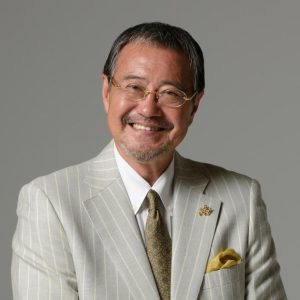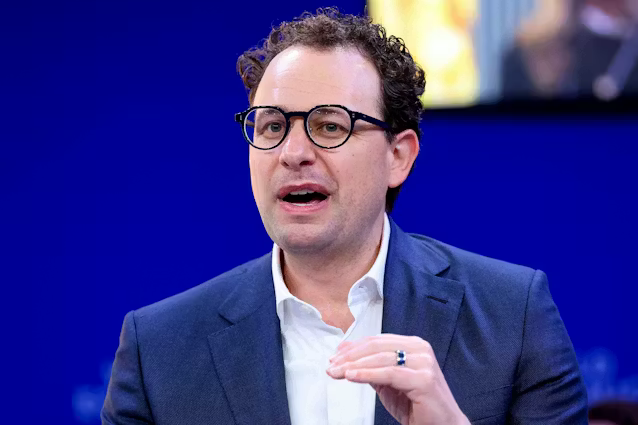※Translated with Notion AI. (Plus version)
I am an executive of a Japanese subsidiary of a US company.
I work with about 100 Japanese staff and about 25 multinational staff.
In my position, I speak with multinational staff every day and have video conferences with superiors in the US and the UK several times a week.
Of course, it’s in English.
At this point, it may sound like I’m an international businessman,
but in fact, I was a graduate of a local university where I was very poor at English.

I am from Tohoku, which has the strongest accent in Japan, and I speak English with a different dimension of pronunciation.
Isn’t it mysterious how I, like that, have overcome my complex for English and am successfully performing my managerial duties in English?
I think my case will be a message to the fathers and mothers who are arguing at home about their children’s English education, not just to the working people.
Let me say again, my English has almost the same accent as Indians and Pakistanis.
Rather, it is said that my accent is even more pronounced than theirs.

Before going to the US, I was proud that I was attending a high-priced English school for 12 hours a week for a year and that my conversation with the teacher was smooth.
At first, when I was assigned to Los Angeles, my English was so incomprehensible that the local staff twisted their faces.
Locally, I was spoken to by the local staff at a speed and with words I had never heard before, and when I went out in town, there were a lot of slangs and I was so unable to understand the conversation that I felt like I was going to have a nervous breakdown.
Especially, many Americans show a “baffling” expression if you can’t speak English.
I felt a sense of alienation in society and fell into a state where I had to be prescribed antidepressants.
Even I had a turning point.







